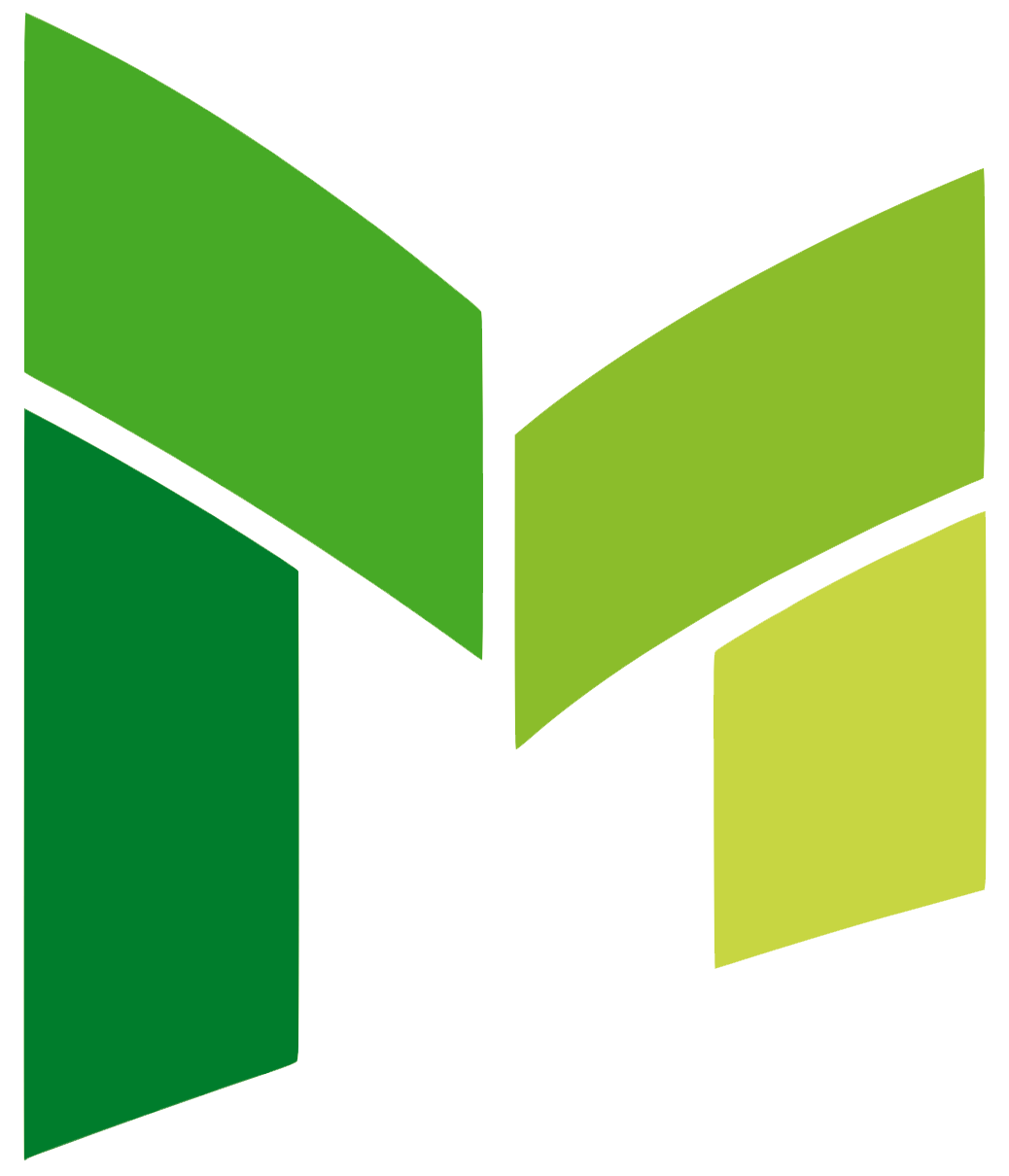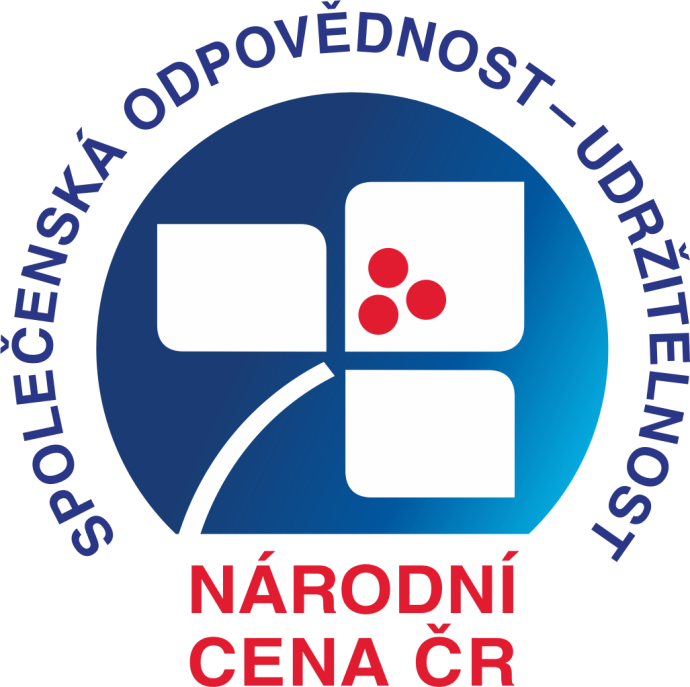English page about the school

This article tells you something about the history of our school, its curriculum, the extended language programme, and describes many traditional and occasional activities of the community of our school.
School Programme and Curriculum:
This basic state school has had a curriculum based on foreign language development since 1992. There were language classes for pupils from the age of nine (3rd grade) up to the 15-year olds (9th grade). In this EXTENDED LANGUAGE PROGRAMME, pupils studied two foreign languages. Their first foreign language was usually English, the second German and since 2004 also French was added as a choice.
As part of the educational reform in the Czech Republic, a new curriculum was implemented in the 2007/2008 school year. This new curricular document is called Co se v Mládí naučíš – What you learn in the youth (first half of the saying: What you learn in the youth, you will find useful in the old, as ‘youth’ is ‘mládí’ in Czech). The title characterises the main aim of the educational process in our school, to teach only useful knowledge, not a vast amount of information. We don’t want our pupils to become walking encyclopaedias, but harmonised human beings, able to live, study and work in this modern world. With this educational programme, pupils start learning languages (English) from the first grade, at the age of six, when entering the school.
Organisation:
There are nine grades in our school. Each grade consists of classes. The number of classes depends on the number of pupils. In the last years, we have more pupils in the first five grades than in the 6th to 9th ones. This is caused by the getaway of pupils to the so-called eight-year "gymnasium", a form of middle schools for students aged 11 to 18.
Our school usually has more than 550 pupils. There are two or three classes in each grade. The number of pupils in a class varies from 21 to 30.
There are approx. 40 educators in the staff. Nine of them are wardens and the others are teachers, the headmaster and two of his deputies. There are eleven teachers of English, six of German and one teacher of French.
Lessons begin at 8.00 a.m. and usually end at 1.30 p.m. every weekday. There are also some afternoon lessons that start at 2.35 and finish at 4.15 p.m.
Buildings:
In 2003, a modern gym was opened in the school. The school building itself consists of two parts. The older part is more than 100 years old. It is the old school, opened in 1908. The newer part was built in the 1960s. The centennial anniversary of the old school was held in 2008. There was an exhibition in the school hall, there was a public Open house and there were two school performances and different school presentations.
The school canteen offers a choice of one of two meals each day and of three meals each Tuesday and Thursday.
Interests:
Many pupils go to afternoon interest groups. In September, they choose groups they want to work in. These interest groups, led by teachers of our school or lecturers from other organisations, are not compulsory. There are groups concentrating on sport, languages, science, and music or art.
Younger pupils often spend their afternoon in the so-called ‘druzina’, an after-school care centre. There they do different activities and spend their time before their parents come to pick them up.
During the school year, pupils take part in different contests organised by different educational organisations or schools themselves.
School Events:
The school organise The European Day of Languages, a Pancake Race, and a Halloween party every year. These events have become traditions. Each year, in September, pupils do different projects and take part in a variety of activities on the European Day of Languages.
Other school projects have to do with environmental issues.
Each year, pupils of the fourth grade spend more than a week in the so-called ‘English Country School’.
Every other year pupils go to a language stay in the UK. Occasionally they do one-day trips to Germany, Austria, or Switzerland, where they can practise their German. The French teacher also occasionally prepares trips to France.
For many years our pupils take part in the ERASMUS+ programme together with pupils and students at other schools from all over Europe.
The school organise a Christmas performance for the parents before Christmas.
In February, an Open house takes place annually.
The English department cooperates with native speakers from the UK and the U.S.A. and different language organisations. We also do observations for students of the Pedagogical Faculty of Charles University in Prague and the West-Bohemian University in Plzen.
For further information, questions or enquiries in English write to tlusty(at)zsmladi.cz, or skola(at)zsmladi.cz.
Powered by Froala Editor
- 16.02.2026 - 20.02.2026 Jarní prázdniny pro Městské části Praha 1 - 5 (včetně Prahy 13)
- 03.03.2026 - 03.03.2026 Schůzka se zákonnými zástupci účastníků lyžařského kurzu 7. roč. od 17:30 hod.
- 21.03.2026 - 27.03.2026 Lyžařský výcvikový kurz 7.ročníku
- 02.04.2026 - 02.04.2026 Velikonoční prázdniny
- 20.04.2026 - 24.04.2026 23. škola v přírodě s angličtinou
- 21.04.2026 - 21.04.2026 Konzultace s učiteli v tripartitě od 15:00 do 18:00 hod. s objednáním času
- 18.05.2026 - 22.05.2026 Škola v přírodě 2. tříd
- 19.05.2026 - 19.05.2026 HRAJEME SI NA ŠKOLU - Program pro předškoláky (15.30-16.30)
- » zobrazit celý kalendář
Číslo zařízení: 0698.



